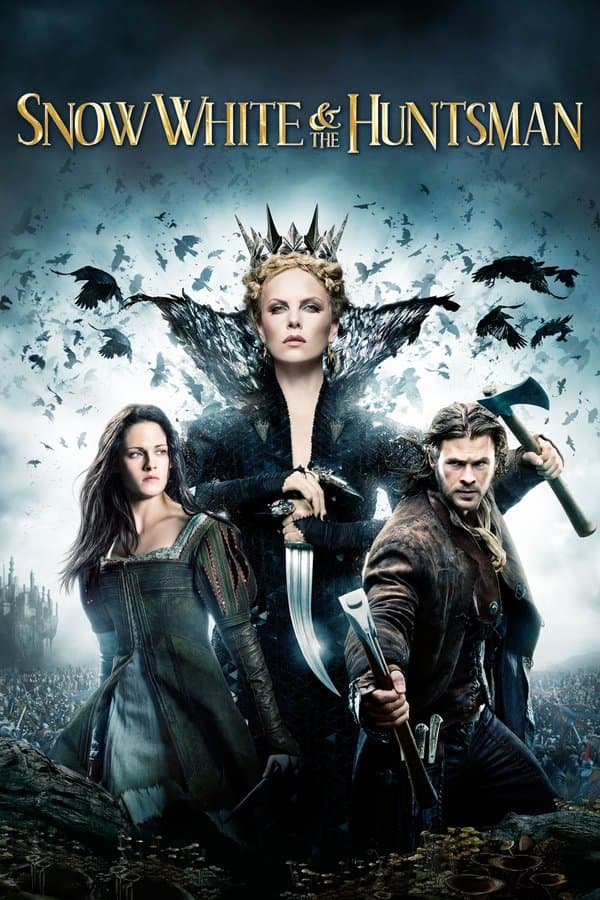
Snow White and the Huntsman
2012 • Adventure, Drama, Fantasy • PG-13
After the Evil Queen marries the King, she performs a violent coup in which the King is murdered and his daughter, Snow White, is taken captive. Almost a decade later, a grown Snow White is still in the clutches of the Queen. In order to obtain immortality, The Evil Queen needs the heart of Snow White. After Snow escapes the castle, the Queen sends the Huntsman to find her in the Dark Forest.
Runtime: 2h 7m
Why you should read the novel
Delving into Grimm’s Fairy Tales, especially 'Snow White,' offers readers a rich, haunting experience true to the spirit of classic folklore. Unlike film adaptations, the original text captures the raw emotion, symbolic motifs, and cultural morals that have resonated for generations. Reading the story allows readers to immerse themselves in the unfiltered, layered narrative that shaped the very foundation of Western fairy tales.
The Grimm brothers’ timeless storytelling mastery provides not just entertainment, but also profound insight into historical values, fears, and hopes preserved within the tale. Every page reveals subtle details—from the menace of the Queen’s various disguises to the helpless innocence of Snow White—that the screen version can only hint at. It’s a rare chance to connect with the story as it was originally imagined, unencumbered by cinematic reinterpretation.
Further, exploring the written narrative heightens appreciation for the broader tapestry of folklore upon which all adaptations are built. Readers gain perspective on how stories evolve, the reasons behind certain changes, and the unique literary qualities that keep the book eternally relevant. Ultimately, experiencing 'Snow White' in its literary form promises a richer, more personal encounter than any Hollywood version could offer.
Adaptation differences
Snow White and the Huntsman takes considerable liberties with the source material. In the original Grimm's fairy tale, there is no warrior-like depiction of Snow White; instead, she is more a figure of innocence and victimhood, relying on the dwarves for protection. The Huntsman himself has a much smaller role in the book—he is the moral figure who refuses to kill Snow White and then disappears, never becoming a protector or love interest as seen in the film.
The tone and themes also differ dramatically. The film is dark, epic, and action-filled, often focusing on battle scenes and fantasy spectacle, whereas the brothers Grimm present a darker, moralistic fable that emphasizes themes of jealousy, innocence, and the consequences of vanity. The Queen's magic in the original is subtler, relying on clever disguises and gifts such as the poisoned apple, rather than powerful destructive magic and supernatural battles.
Characterizations are significantly altered. In the Grimm version, the dwarves are unnamed, mysterious figures who take in Snow White out of kindness. In the movie, they are far more fleshed out, recast as gritty but comic companions integral to the action, while Snow White herself transforms from passive victim to active leader—something not seen in the book.
Finally, the ending diverges: the fairy tale concludes with a stark moral comeuppance for the evil Queen and a straightforward happy ending, while the film crafts a more ambiguous, grandiose resolution, focused on reclaiming a kingdom and exploring Snow White’s inner transformation. Ultimately, the adaptation reinterprets nearly every aspect of the tale to suit its darker, more epic vision.
Snow White and the Huntsman inspired from
Grimm's Fairy Tales – Snow White
by Jacob Grimm, Wilhelm Grimm


